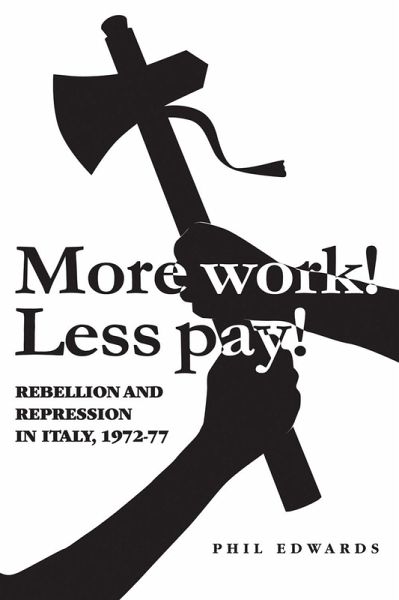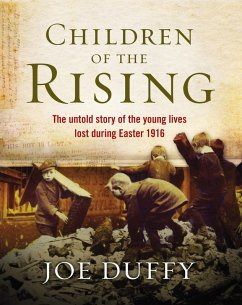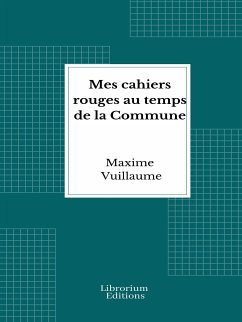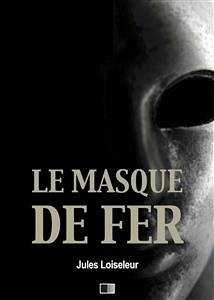
'More work! Less pay!' (eBook, ePUB)
Rebellion and repression in Italy, 1972-7
Versandkostenfrei!
Sofort per Download lieferbar
76,95 €
inkl. MwSt.
Weitere Ausgaben:

PAYBACK Punkte
38 °P sammeln!
In the mid-1970s, a long wave of contentious radicalism swept through Italy: 'Proletarian youth', 'metropolitan Indians', 'the area of Autonomy'... For the first time in English, Phil Edwards has told the story of a unique and fascinating group of political movements, and of their disastrous engagement with the mainstream Left.
Dieser Download kann aus rechtlichen Gründen nur mit Rechnungsadresse in A, D ausgeliefert werden.













